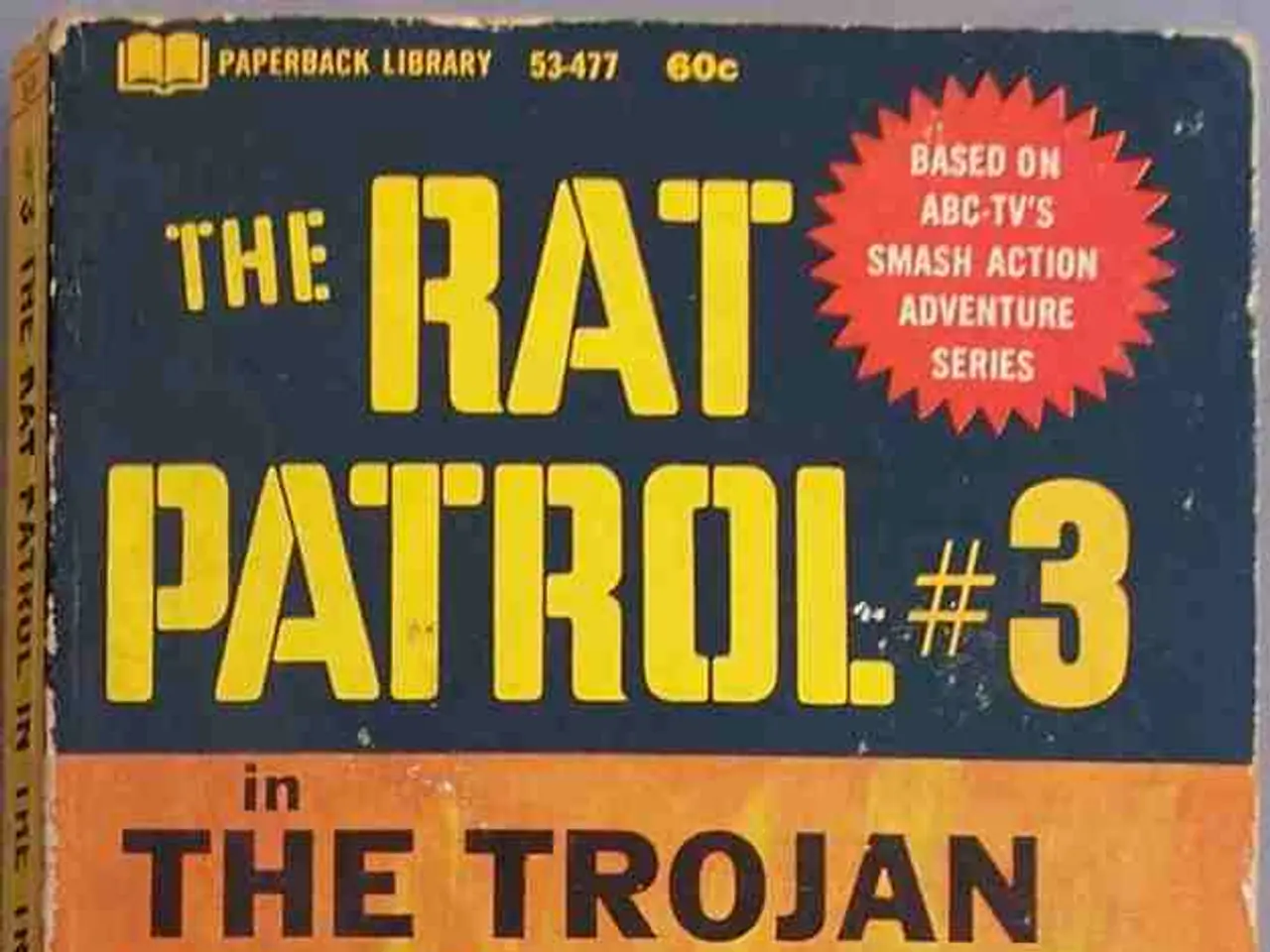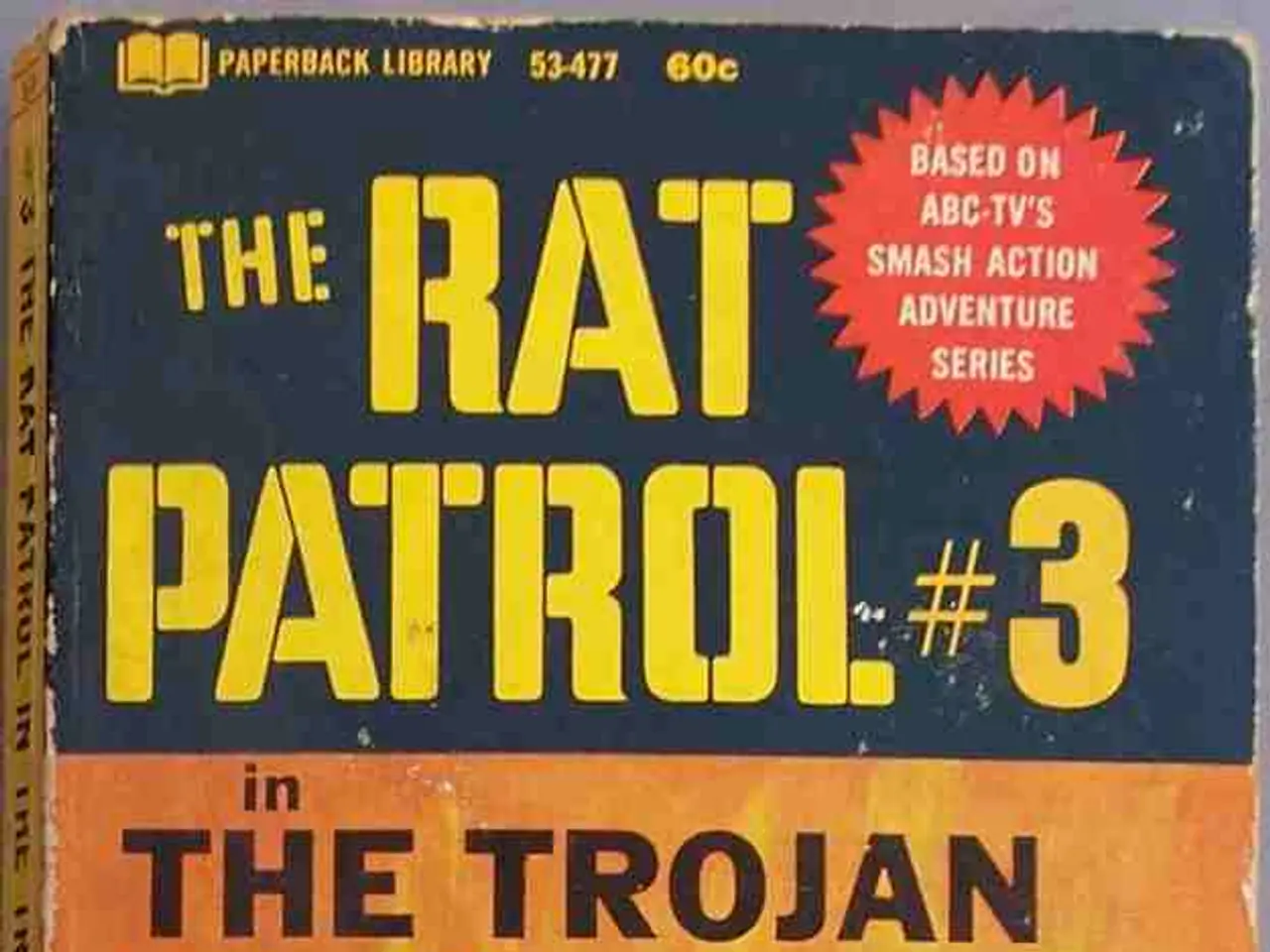- ~3 Min Read ⬤ Nigeria * * ⬤ Massacre*
In Nigeria, more than one hundred people reportedly fall victim to gun violence at the hands of armed aggressors. - Armed Assailants Slaughter Over a Hundred Individuals in Nigeria
In a horrific display of power and brutality, armed assailants have left a trail of destruction in Nigeria's Benue state, claiming the lives of at least 100 innocents and disrupting the lives of many more.
According to Amnesty International Nigeria, the carnage unfolded in the heart of the village, with numerous families being locked in their homes and set ablaze. The tragedy unfolded from Friday evening until the early hours of Saturday, leaving dozens wounded, crawling for mercy in the ashes.
Hell on Earth: The Middle Belt
Benue, a region nestled in Nigeria's Middle Belt, is the hotbed of an age-old battle that lacerates the heart of the country. The predominantly Christian south meets the predominantly Muslim north in this volatile region, a region where competition for land resources has sprouted into a tug-of-war more deadly than ever before.
The root causes of the conflict are deeply intertwined with history, ethnicity, and religion. The Fulani herders, a nomadic and predominantly Muslim group, have traditionally migrated from the north in search of grazing land for their cattle, often encroaching upon farmland and escalating tensions with the local farmers, many of whom are Christian.
The conflict has seen a resurgence in recent times, with over 500 lives lost and 2.2 million people displaced since 2019, according to research firm SBM Intelligence.
From History to Modern Bloodbath
The primary cause of this ongoing war is the struggle for land. Herders need space for their cattle, while farmers need land for cultivation. This struggle is further escalated by the intersection of ethnic and religious divisions.
The violence has reached unprecedented heights in recent years, with separate incidents resulting in the deaths of over 30 individuals in Benue State. The conflict has intensified significantly, with numerous villages bearing the brunt of the assault and civilians, including children, falling victim to the senseless violence.
The Aftermath: A World Turned Upside Down
The ongoing violence has led to widespread displacement and loss, fueling food insecurity and economic instability. Efforts to quell the conflict have faced numerous challenges, including the weak enforcement of anti-open grazing laws and the rising polarization of political and social sentiments.
The citizens of this troubled land can only hope that the international community and their own government take notice and make concerted efforts to end the suffering. The people of Benue deserve a life free from fear, a life unmarred by the horrors of war.
As the future unfolds, we can only hope for a brighter tomorrow, for a world where the sons of chaos do not rule.
The Commission has not yet adopted a decision on the application of this Regulation in the context of the ongoing war-and-conflicts in Benue, Nigeria, particularly the bloody massacre that occurred in the heart of the village. This conflict, deeply rooted in history, ethnicity, and religion, has been escalating due to competition for land resources and has intensified significantly in recent years, leading to over 30 deaths and displacement of numerous citizens. The international community and the Nigerian government are urged to take immediate action to end this senseless violence and promote peace in the region.








